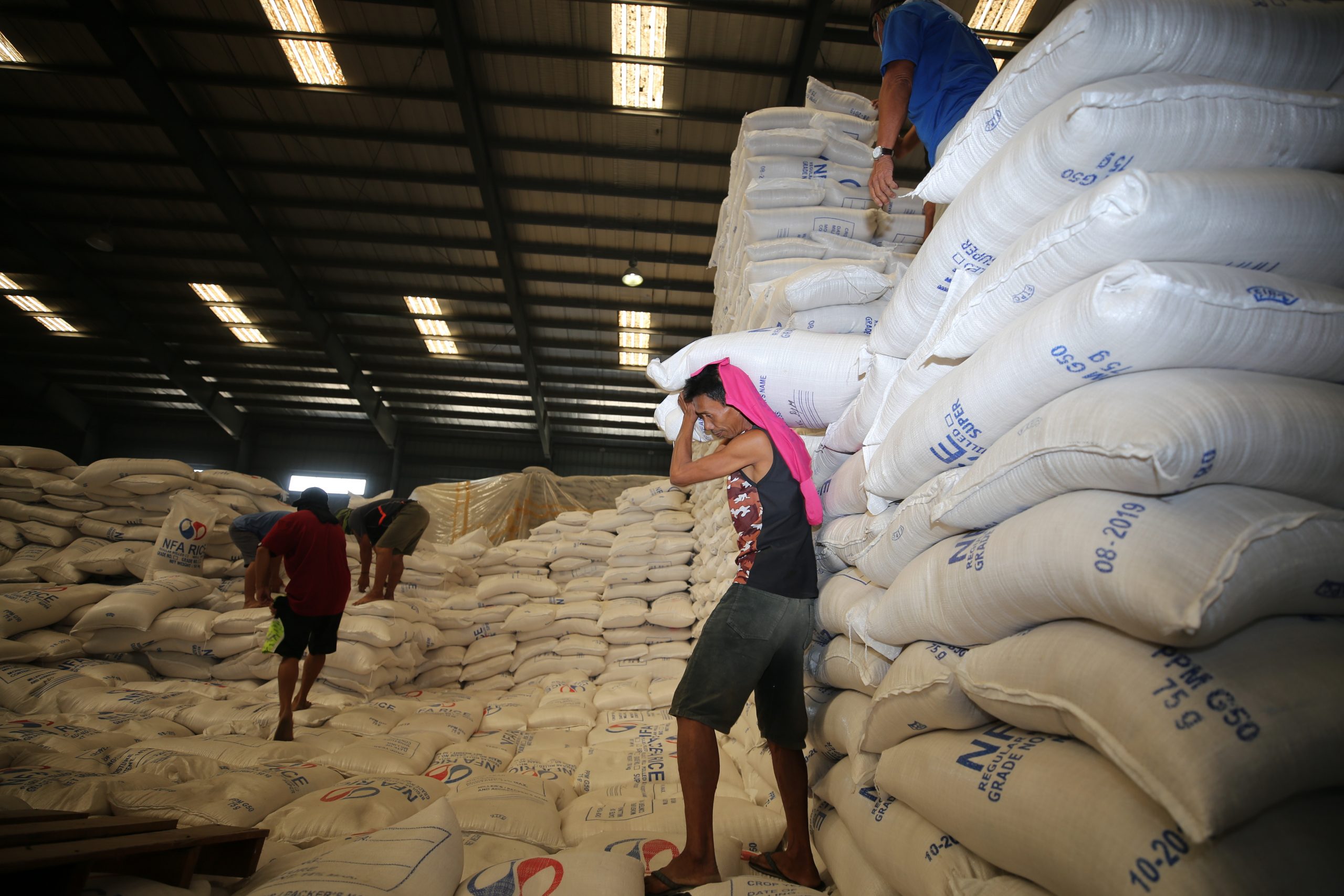
The Department of Agriculture (DA) welcomes the decision of the Department of Trade and Industry (DTI), through the Philippine International Trading Center (PITC), to no longer pursue its planned government-to-government (G2G) rice importation scheme.
In a letter to DTI Secretary Ramon Lopez on 24 June 2020, Agriculture Secretary William Dar said that the G2G importation is “no longer necessary under the current situation.”
To recall, the Inter-Agency Task Force for the Management of Emerging Infectious Diseases (IATF-MEID) approved the recommendation to import 300,000 metric tons (MT) of rice, as Vietnam decided to temporarily suspend the signing of new rice export contracts while it assesses its own rice requirements amid the COVID-19 pandemic.
The recommendation was based on the DA’s study using 10 different scenarios of the rice supply and demand situation for the entire 2020.
Under the study’s best scenario, the country would have an ending stock of 100 days, while the worst case scenario would have a lower, but still a comfortable stock of 78 days at the end of the year.
Meanwhile, the Philippines imports around seven to 14 percent (%) of its rice requirements, with 90% coming from Vietnam.
As the National Food Authority (NFA) is no longer allowed to import rice under the Rice Tariffication Law, it was proposed that another government agency, in DTI’s PITC, be designated to undertake importation to ensure that the Philippine will not experience a tight rice supply situation during the lean months.
“The situation, however, has been properly addressed with the lifting of the rice export ban by Vietnam and the rice import arrivals of around 1.3 million MT as of third week of June,” said secretary Dar in his letter to DTI Secretary Lopez.
The DA chief is confident that the remaining import requirement can be secured within the remaining six months of the year by the private sector.
“With the DTI, through the PITC, no longer proceeding with the planned imports, the government will be able to generate P8.5 billion savings, a sum which can be tapped to support productivity-enhancing activities in agriculture that can assist in ensuring food security for the country,” Secretary Dar said.
Besides the savings, the resumption of the private sector-led importation is also expected to generate greater revenue stream for the government, which can be used to fund the Rice Competitiveness Enhancement Program under the Rice Tariffication Law, the DA chief concluded. ### (DA Strategic Communications)














